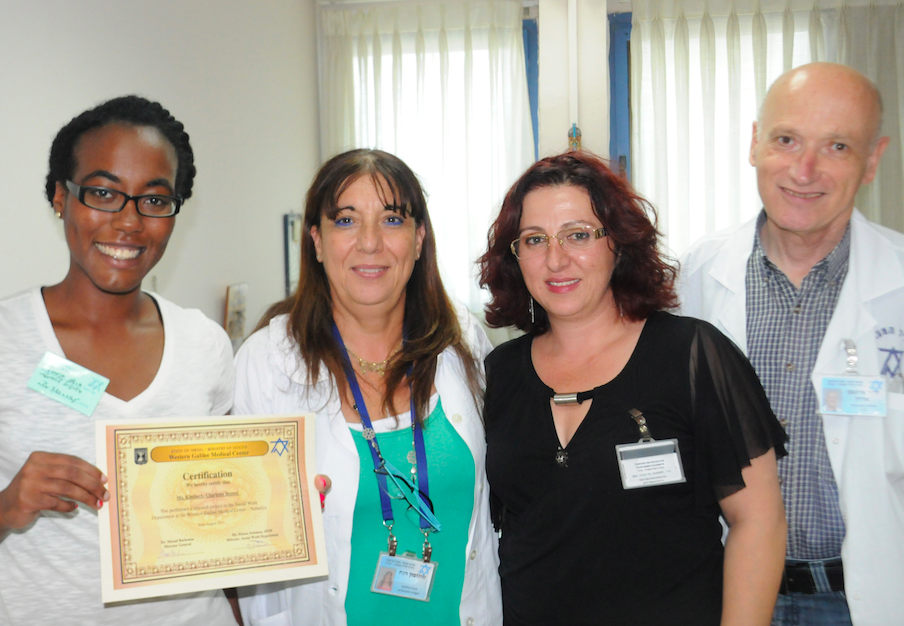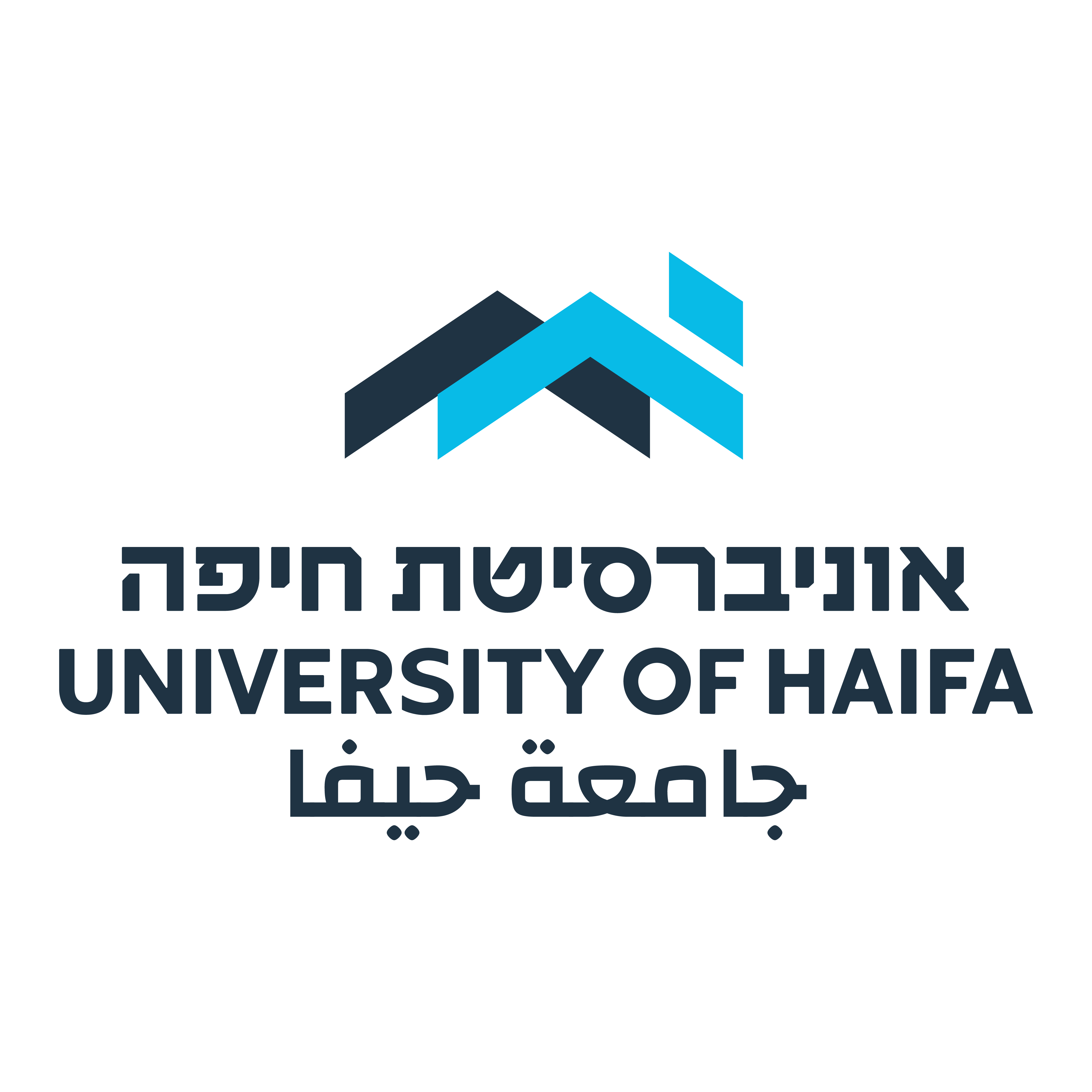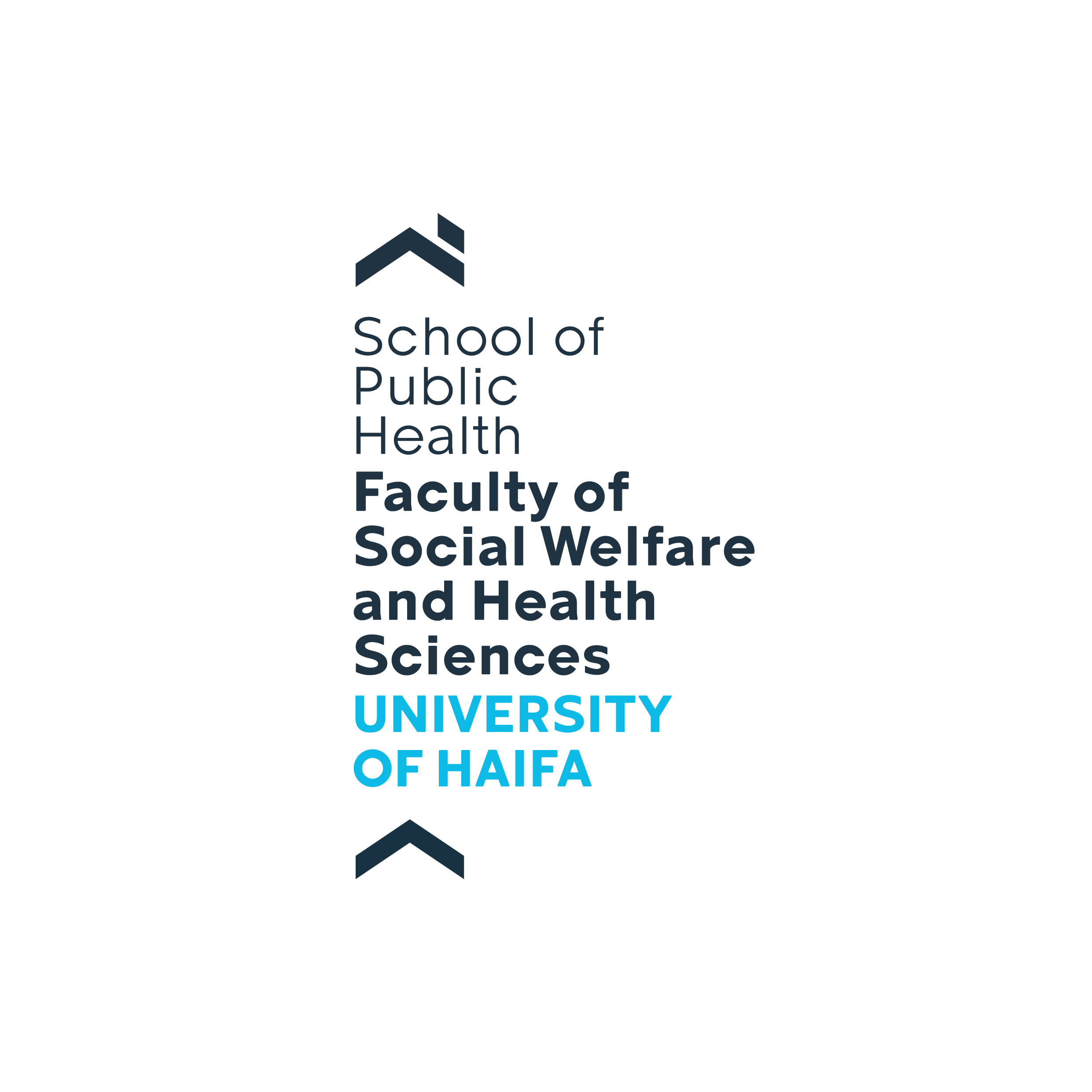
The Applied Practice Experience prepares students for employment in the field of public health and offers students the opportunity to synthesize and integrate knowledge acquired through their academic studies, and apply that knowledge. It is a structured and supervised professional experience with an approved agency for which students receive academic credit. Students will work typically as a member of a team. Although observation of the team’s efforts may be an essential aspect, is it not adequate; they must be actively involved, as a team member, in a health process at a global setting.
Students are required to complete at least 150 hours of hands-on practical experience at an organization, institution or program that is engaged in the prevention of disease, health promotion, health policy development, health service delivery or research in a global context. Student placement is based on his/her career interests, and students are given assignments and projects of significant responsibility under the guidance and mentorship of a supervisor. Examples include: Working at the Israeli Ministry of Health regional office; conducting interviews/research at a health plan hospital or clinic; deveoping a health intervention program; working at a community-based organization.
Course Objectives or Expected Learning Outcomes:
- Observe – The student will observe the activities of the team to learn the mission of the organization, how that mission is operationalized, how the team interacts, and how successfully it accomplishes its goals
- Reflect – The student will put the team’s activities in the context of what they have already learned in a traditional didactic setting. They will compare and contrast the reality of the internship versus the theory based approaches learned didactically.
- Participate – the student will participate actively in the team’s process. They will have assigned tasks and be responsible for completing those tasks.
- Perform - As a team member in a public health program, the student will be expected to make a contribution to the advancement of the team’s efforts. This contribution must be within the existing skill set held by the student; the student should not be expected to have responsibilities they are not prepared to accomplish properly. Passive observation is not an adequate level of involvement on the team.
- Report – Upon reflection, the student will take the experience of the GH Practicum and correlate it to the learning that has occurred didactically. They will report this – in a “Portfolio Approach” – to their academic supervisor. The student’s efforts will be confirmed by the on-site supervisor who will also submit a brief report to the academic supervisor on the student’s activities.
- Students may become involved at more than one site/project to accomplish the APE.





